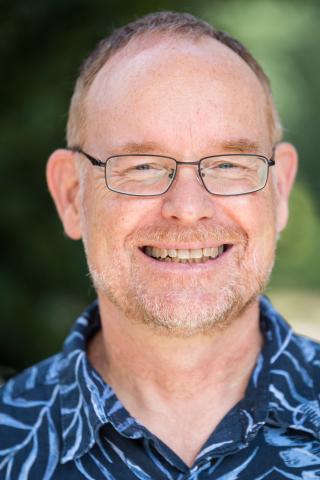Translating academic research to results-oriented solutions
Published for Community Engagement Learning Exchange on March 30, 2015.
How can academic research translate into action-based, results-oriented solutions to issues central to local community development and public engagement? When it comes to policy making, the voting public should be able to actively engage informed experts within the academy to help them participate in and shape policies that matter to them. Citizens could more effectively engage local government if academic research were more accessible so that a more educated citizenry could then apply the research to problems in their respective communities. For example, Citizen Advisory Committees (CACs) meetings are great forums where academics can connect with concerned citizens and offer insight on matters where data collected from studies conducted in other regions may offer guidance on local community relations or conflict resolution among grassroots organizations and local government. Oftentimes, the will to improve conditions exceeds the know-how of pragmatic solutions to lingering issues that encumber communities and pass from generation to generation.
Partnerships between the public and the academy based not only on the dissemination of information but on actual conversations with stakeholders form mentoring relationships so that citizens utilize practical knowledge to formulate immediate and long-term solutions.
As thought leaders emerge from this collaboration and as stakeholders gain perspective, they’re empowered to educate their peers and dispel societal misconceptions of the origins of problems that plague communities such as unemployment, housing discrimination, access to healthcare, poverty and homelessness. For instance, in Raleigh, the Human Relations Commission and the Fair Housing Hearing Board are charged to address and advise on such issues and could find utility in expert opinions regarding precedents set by recent court rulings that illustrate the complex environment in which local governments operate.
In many cases, working class families are subjected to adverse conditions that they oftentimes did not produce. Scholarship devoted to the study of structural and institutional socioeconomic inequality reveals a social structure that replicates over decades reproducing the same conditions that local government and community advocates seek to correct. And just as city councils seek the expert opinion and direction of city managers, the body politic should be able to rely on academia, be it though university volunteerism or simply goodwill, to provide guidance to strengthen their political voices for more effective civic participation. What better way can researchers prove that their works extend outside the walls of the university than to engage the public during the research process? Empirical data collected from projects focused on engagement and service proves that the research will have an actual impact beyond publication while also providing insight and basic training to researchers in public engagement.
Of course, there are limitations on capitalizing on engagement opportunities given workload, advising and the various commitments extensive research requires. It’s still important that university departments be reminded of the value of collaborative efforts with the people on the ground. Grassroots organizations are sometimes composed of a combination of advocates and scholars who can help connect the research and mobilize cohesive initiatives to effect change. So with this in mind, a certain level of coordination may be required to ensure that the proper researcher is utilized based on experience with a particular subject matter and relative civic engagement experience.
Academia’s influence and involvement in community relations is pivotal in reforming old policy that proves problematic and alongside stakeholders affected by bad policy. Grassroots people making an affirmative effort to replace bad policy with sensible solutions captures the essence of democracy. It’s to everyone’s benefit to cultivate open, lasting partnerships between the experts and a truly informed citizenry representative of the ideal participatory political process.
Public Officials - Local and State Government Roles
Topics - Local and State Government



